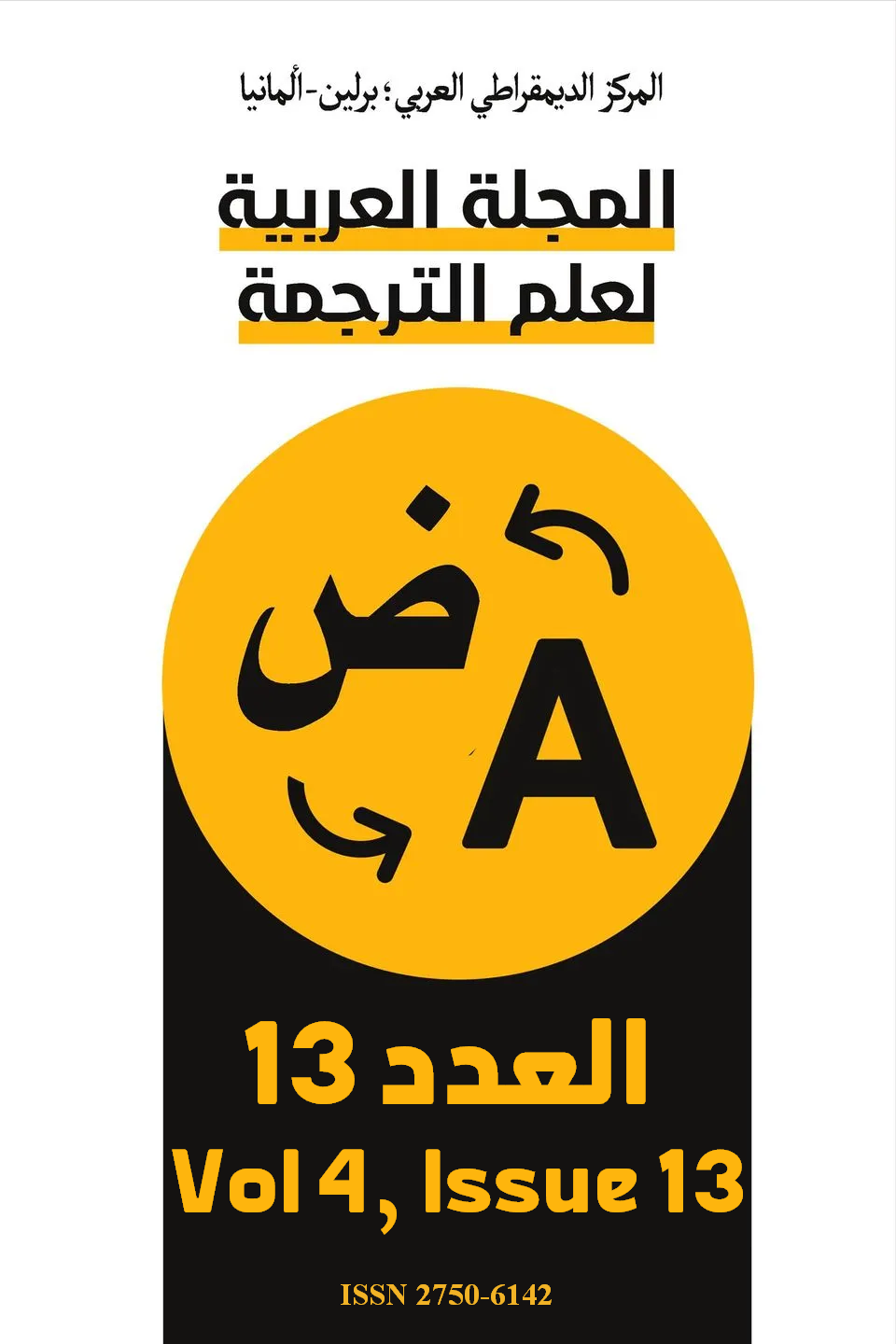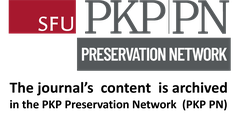Translation studies: Ontological Roots & Epistemological Seeds
DOI:
https://doi.org/10.63939/ajts.z3ad9613Keywords:
Translation, Ontology, Epistemology, Sociology, HistoryAbstract
This paper seeks to highlight a paradox that continues to obscure the status of Translation Studies: the field's institutional expansion globally stands in contrast to its epistemological ambiguity. We refer to the growing ontological presence of the field, seen in the proliferation of institutes, schools, and academic programs-despite the continued lack of clarity regarding its theoretical foundations. Despite the growing number of publications-journals, academic books, and other scholarly output, there remains a vague consensus, or rather an unclear agreement, among scholars concerning the field’s identity, objectives, and scope. This situation hinders efforts to establish Translation Studies as a well defined and autonomous academic discipline. The main goal of this paper is to raise awareness and advocate for a more coherent epistemological framing of Translation Studies, especially in light of the skepticism it sometimes faces, while other disciplines enjoy unquestioned legitimacy or are spared similar scrutiny. Specifically, we aim to identify a set of forces and factors that have contributed to the institutionalization of Translation Studies, often outside traditional political or economic motivations. We also seek to assess whether the field’s knowledge base is compatible with its strong institutional presence, and to explore mechanisms for evaluating the feasibility of establishing Translation Studies as an independent, integrated scientific discipline within the humanities. This theoretical study employed a comparative and analytical approach to historical, sociological, and epistemological data, aiming to construct a framework that evaluates the autonomy of this field. The study’s findings indicate that translation studies have secured their cognitive legitimacy, positioning the field at an intermediate status between established and emerging disciplines.
Downloads
References
العواضي، ح. (2009). علم الترجمة: دراسات في فلسفته وتطبيقاته. دار الزمان للطباعة والنشر والتوزيع
بحراوي، ح. (2010). أبراج بابل: شعرية الترجمة من التاريخ إلى النظري. منشورات كلية الآداب والعلوم الإنسانية
بيم، أ. (2010). المنهج في تاريخ الترجمة (ترجمة. علي كلفت). المركز القومي للترجمة
جوهري، أ. (2012). ما بعد جريمة قابيل: عرض نظري في تاريخ الترجمة والمترجمين (ج. 1). دار الطالب
هورنيغ، د. (2013). من أجل تشريح الترجمة (ت. م. الجرطي). مجلة العربية والترجمة، 5(13)، 176-181
Gile, D., Hansen, G., & Pokorn, N. K. (Eds.). (2010). Why translation studies matters. (Benjamins Translation Library, Vol. 88). John Benjamins Publishing. https://doi.org/10.1075/btl.88 DOI: https://doi.org/10.1075/btl.88
Manzon, M. (2011). Comparative education: The construction of a field. Springer. https://doi.org/10.1007/978-94-007-1702-6
American Translators Association. (2023). University programs: ATA overview. Retrieved September 3, 2025, from : https://www.atanet.org/universities/ata-overview/
Fédération Internationale des Traducteurs / International Federation of Translators (FIT). (2024). Translation programmes database. Retrieved September 3, 2025, from: https://www.fit-ift.org/translation-programmes-database/
Romanization of Arabic Bibliography
Al-Awadhi, H. (2009). ‘Ilm al-Tarjama: Dirassat fi Falsafatihi wa Tatbiqatihi [Translation Studies: Its Philosophy and Applications]. Dar AL-Zaman
Bahrawi, H. (2010). Abraj Babel: Shi‘riyat al-Tarjama min al-Tarikh ila al-Nazariyya [Towers of Babel: The Poetics of Translation from History to Theory]. Publications of the Faculty of Arts and Humanities
Jawhari, A. (2012). Ma Ba‘d Jarimat Qabil: ‘Ard Nazari fi Tarikh al-Tarjama wa-l-Mutarjimīn [After Cain’s Crime: A Theoretical Overview of Translation and Translators’ History]. Dar Al-Talib
Downloads
Published
Issue
Section
License

This work is licensed under a Creative Commons Attribution-NonCommercial 4.0 International License.
As an open-access the journal follows the CC BY-NC 4.0 Attribution-NonCommercial 4.0 International which states that:
- you are free to:
- Share— copy and redistribute the material in any medium or format.
- Adapt— remix, transform, and build upon the material.
- Under the following terms:
- Attribution— You must give appropriate credit, provide a link to the license, and indicate if changes were made. You may do so in any reasonable manner, but not in any way that suggests the licensor endorses you or your use.
- NonCommercial — You may not use the material for commercial purposes.
- No additional restrictions — You may not apply legal terms or technological measures that legally restrict others from doing anything the license permits.












